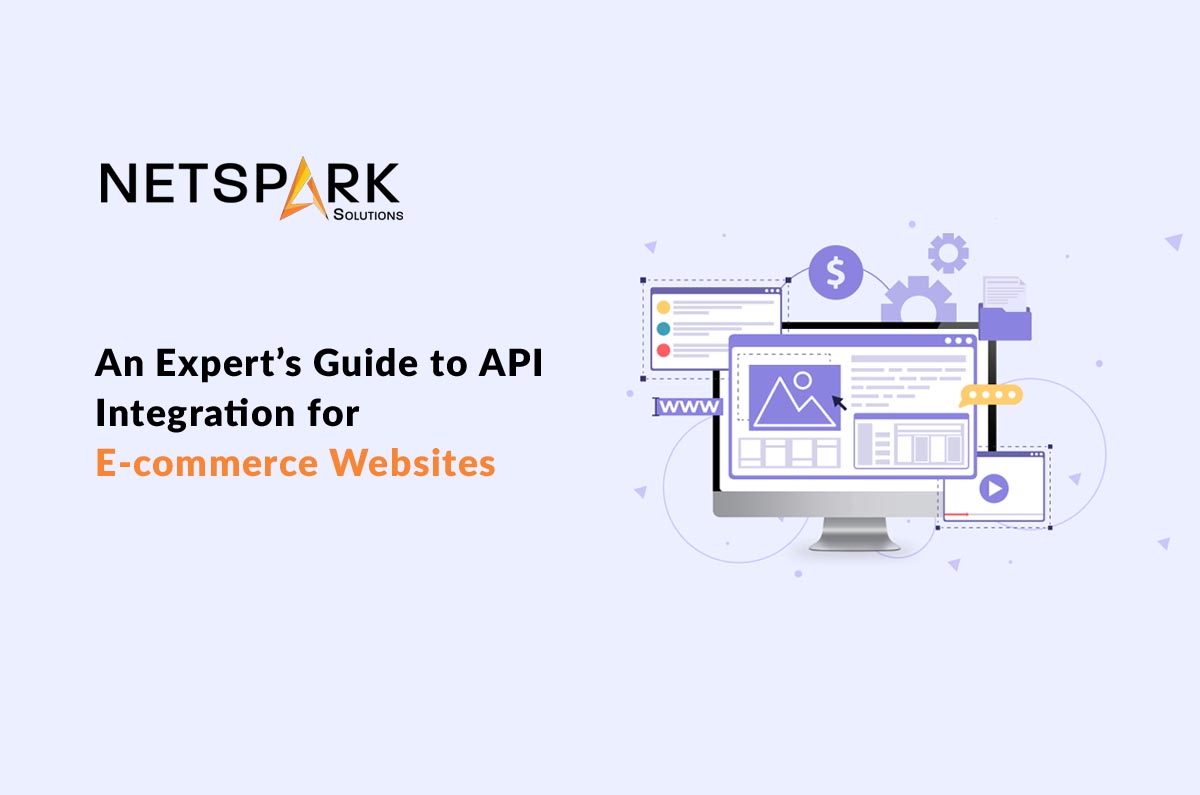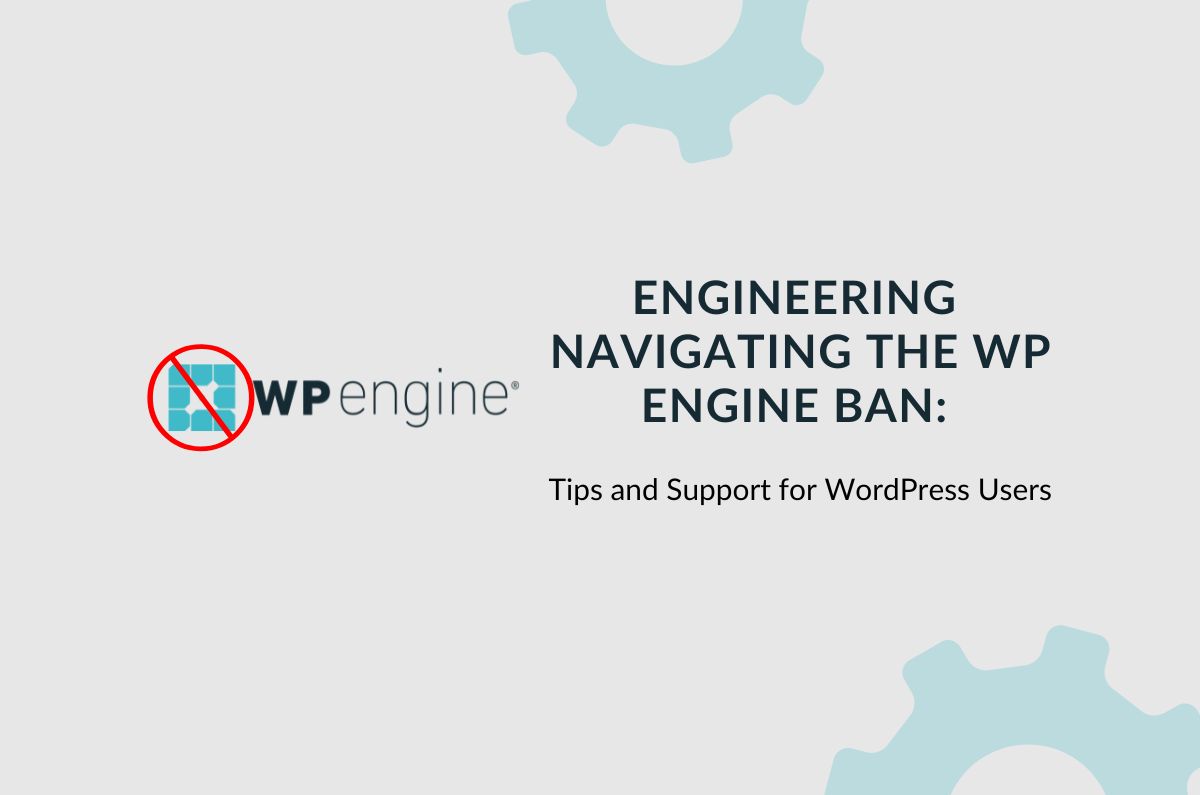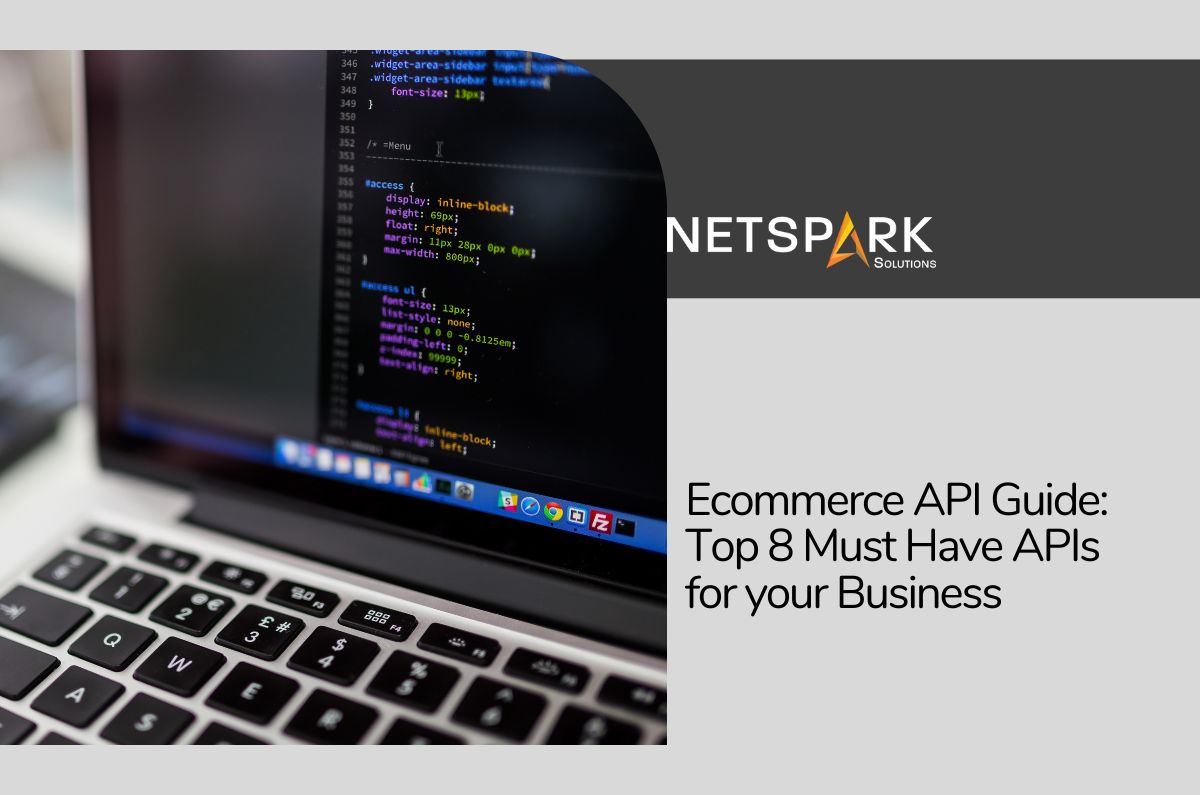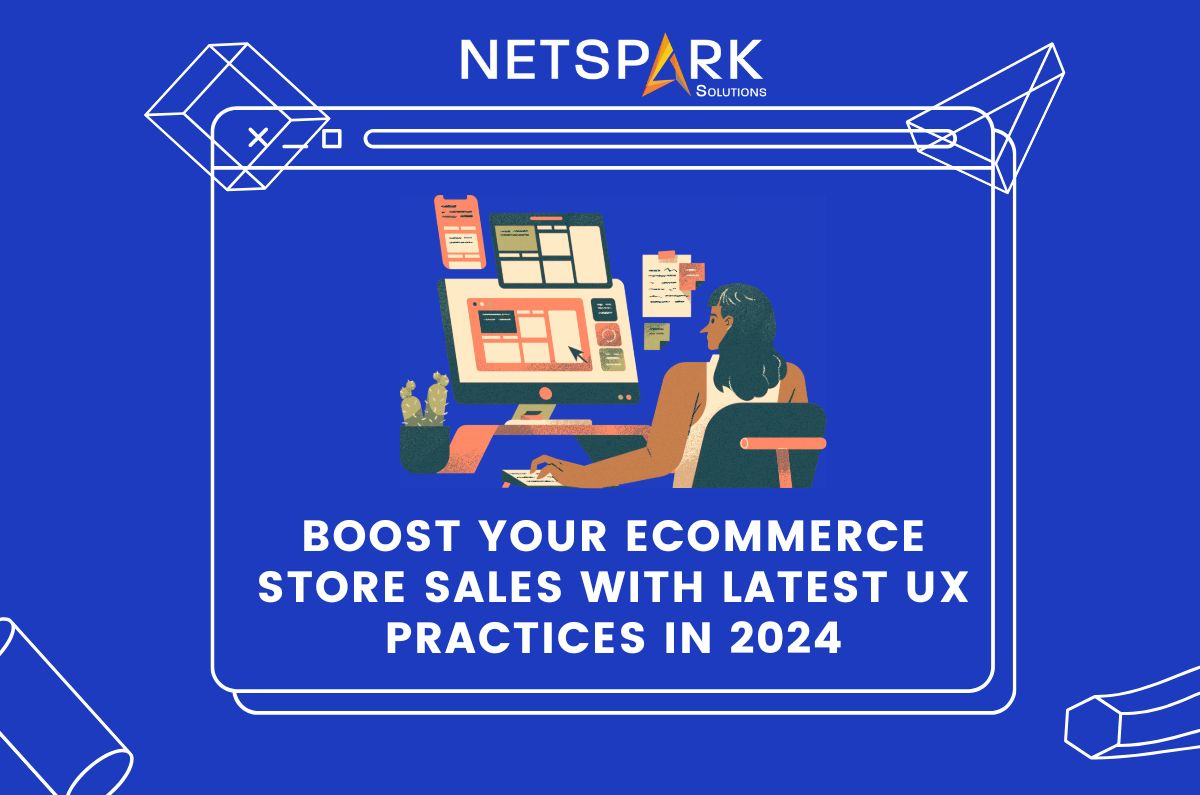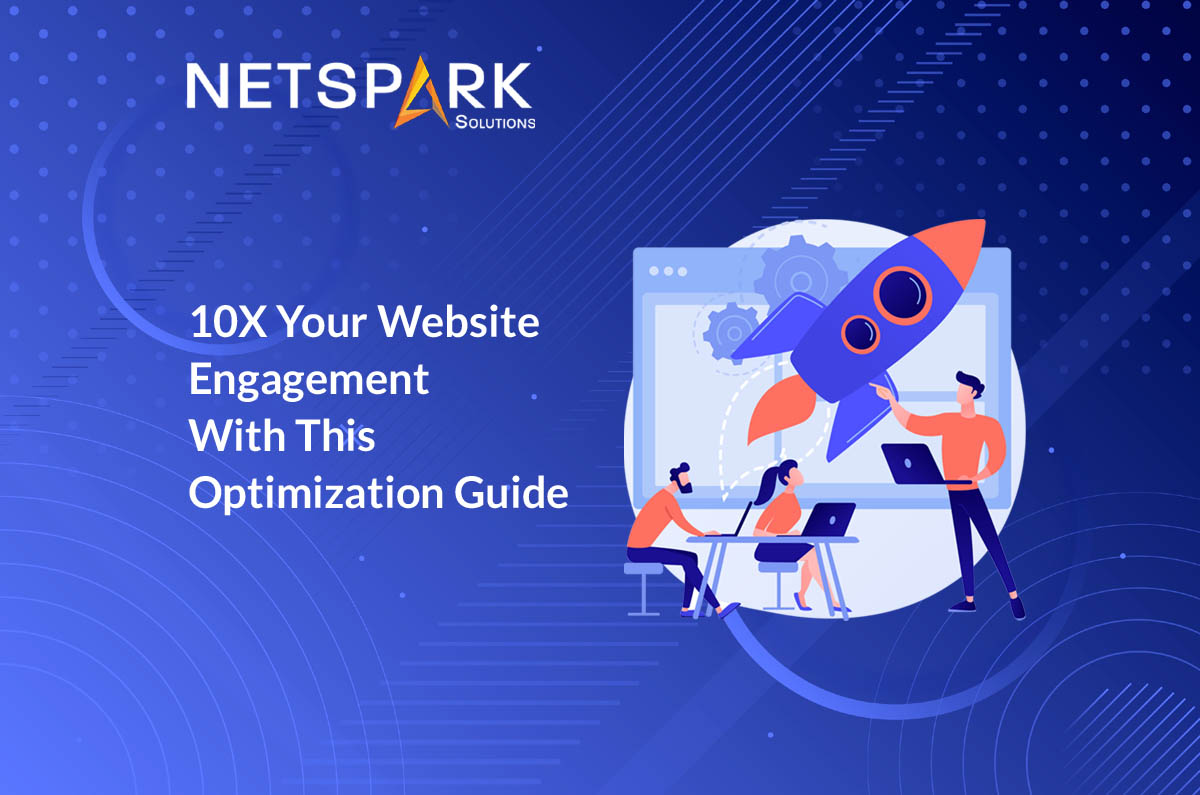The recent few years have been a roller coaster ride for the ecommerce industry. Technical integration has propelled the growth of ecommerce businesses and many retailers have left behind the conventional brick-and-mortar business model. Switching to the digital realm gives retailers better exposure and makes it easier to attract quality leads at the same time.
However, since there are too many ecommerce businesses trying to target the same set of customers, it’s never easy to establish a strong brand presence. This is when the features you integrate into your store starts to matter.
As an ecommerce business owner, you would want your website to be equipped with all the necessary features so that it can easily captivate the potential customers and deliver an engaging shopping experience. One of the easiest ways to add features to an online store is through API integration.
For readers who don’t know, API integration is the process of adding the functionality of an existing application to another one with a sole purpose of improving the overall performance of the latter. For instance, an online merchant can use APIs for one of the existing payment gateways and start accepting online payments from their customers.
API integration brings forth a plethora of advantages and any team of professional ecommerce website developers always utilizes APIs to build feature-packed ecommerce stores. This guide will give you a detailed insight into ecommerce API integration and how to get started with API integration for your store.
So, without any further ado, let’s get started.
Why Should Merchants Choose API Integration for their Online Stores?
The primary goal of any ecommerce business is to provide a seamless virtual shopping experience to their customers. Of course, a business owner can hire a team of professional ecommerce developers and let them construct each functionality from scratch.
But, thanks to third-party APIs, they can directly incorporate the desired functionality through API integration. To put it in simple terms, API integration acts as a bridge between two digital applications and makes data exchange between them more convenient.
It means apart from optimizing the overall user experience, API integration also accelerates the overall time-to-market, allowing businesses to launch dynamic ecommerce stores in no time.
Some of the advantages of API integration for ecommerce stores include:
1. Better User Experience
With APIs, you can connect different digital systems to your online store and equip it with the functionality to enhance customer’s shopping experience.
For instance, a payment gateway API can help customers pay for their orders using the desired online payment mode. Similarly, a listing API can help customers filter the search results and find the desired product more conveniently.
2. Scalability
Third-party APIs make scalability a hassle-free task for ecommerce business owners. If you don’t know this already, scalability is the process of expanding a business without affecting the existing ecosystem. With third-party APIs, you can easily scale your ecommerce website and integrate the necessary features easily.
3. Better Security
While integrating third-party APIs, the majority of ecommerce developers use dedicated security measures such as encryption.
This way even when there’s a data exchange between the two ecosystems, you can stay assured that no external threat could damage the users’ personal data. Some of the API service providers even provide their own security mechanisms to help merchants build fully secure online stores.
A List of Useful API Integrations You Can Consider to Enhance Your Store’s Performance
So, now that you’re familiar with the advantages of API integration, let’s dive into the list of some useful APIs you can use to build a fully-functional ecommerce website.
1. Payment Gateway API
As we mentioned earlier, payment gateways are the most integral part of any ecommerce website. Not only do they support digital transactions, but also allow customers to choose from a wide variety of payment methods.
As of today, almost every payment gateway API provider supports multi-payment modes. This way customers can choose the preferred method and complete their purchase without any hassle. Some of these service providers also support the “buy now, pay later” model that allows shoppers to purchase products on credit at the moment.
Moreover, by integrating a secure payment gateway, you can stay assured that your customers will process their payments in a secure environment.
2. Shipping API
Shipping API is another useful API for ecommerce websites that automates the entire shipping process, starting from the packaging of the product to its final delivery.
With a shipping API, you can send real-time shipping updates to the customers and help them track the entire progress. Based on the customer’s location, the shipping API can also automatically calculate expected delivery date, additional delivery charges, and the most suitable shipping carrier.
All this information will give customers the real-time updates of their order and they won’t feel abandoned after placing the order. This small effort can further help you increase the overall customer retention rate for your website.
3. GPS API Integration
When it comes to tracking their packages, customers always want to know the exact whereabouts. This can be achieved by integrating GPS API into your website. With GPS integration, your customers will get real-time location updates of their orders.
Moreover, GPS support will also allow shoppers to choose from nearby retailers so that they can get their product delivered within a few days.
Both Google and Apple provide their own GPS APIs that your ecommerce web development company can integrate to equip your website with GPS functionality.
4. Translator API
Running a global ecommerce marketplace is never easy. Providing a seamless shopping experience to customers from different corners of the world brings forth a variety of challenges to the table.
For instance, not all customers understand English. It means your website must support multi-lingual support so that the customers can access it in their native language. To do this, you can use one of the translator APIs.
These types of APIs automatically detect a customer’s region and convert the entire web page into their native language. As a result, you can deliver a personalized shopping experience to the shoppers, irrespective of their region.
How to Get Started With API Integration for Your Online Store?
While API integration is pretty useful for ecommerce websites, it’s important to understand that integrating third-party APIs is not easy.
It requires technical expertise to combine two digital ecosystems and construct an effective data flow. This is where a professional ecommerce website development company comes into the picture.
A team of ecommerce developers will provide you with the required technical aid to integrate the desired API. They’ll ensure to integrate the API without affecting the performance of the existing infrastructure.
Conclusion
APIs have always been the most trusted tool for ecommerce website developers, especially when they want to build feature-packed websites for their clients. Through API integration, you can add the required functionality without increasing the time-to-market. It doesn’t matter if you are planning to launch a simple or a multi-vendor ecommerce platform, API integration will prepare your website for the journey ahead and help you deliver an unparalleled shopping experience.

